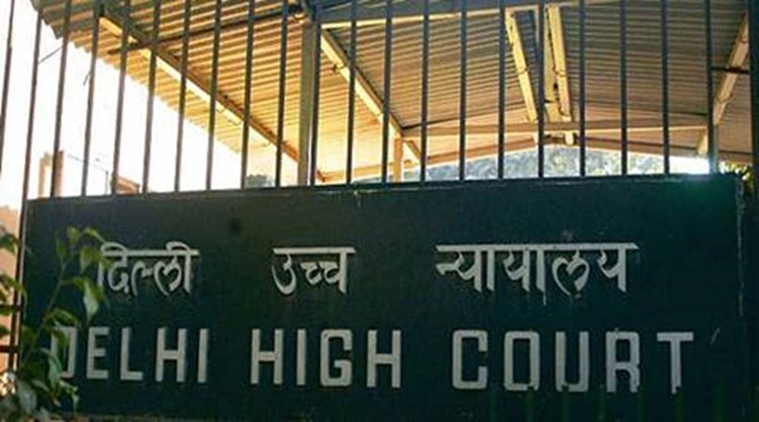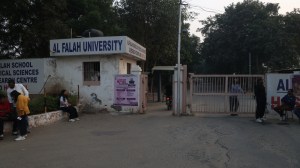Stay updated with the latest - Click here to follow us on Instagram
Delhi HC no to order granting SCs, STs quota in promotion
A bench of Acting Chief Justice Gita Mittal and Justice C Harisankar said such a move made under Article 16 (4A) was not permissible without adequate data to prove inadequacy of representation and backwardness.
 Delhi High Court (File)
Delhi High Court (File)
The Delhi High Court has quashed a Central notification granting reservation in promotion for Scheduled Castes (SCs) and Scheduled Tribes (STs) beyond the five-year period the Supreme Court had stipulated in the Indira Sawhney case.
A bench of Acting Chief Justice Gita Mittal and Justice C Harisankar said such a move made under Article 16 (4A) was not permissible without adequate data to prove inadequacy of representation and backwardness. It made the observation while quashing Department of Personnel and Training’s Office Memorandum dated August 13, 1997.
The bench said: “Any reservation (as also consequential seniority) extended to SCs and STs, without, in the first instance, conducting the requisite exercise of garnering quantifiable data indicating inadequate representation, and juxtaposing, they’re against, the considerations of backwardness and overall efficiency of administration, would necessarily infract Articles 16 (1) (equality of opportunity in matters of employment) and 335 (dealing with claims of SCs and STs to services and posts) of the Constitution of India and, consequently, be liable to be quashed.”
It restrained the Centre and states “from granting any reservation, in promotion, to SCs or STs… without, in the first instance, carrying out the necessary preliminary exercise of acquiring quantifiable data indicating inadequacy of representation of the said categories in service and evaluating the situation by taking into consideration the said data, along with the competing considerations of backwardness and overall efficiency in administration, and arriving at an empirical decision on the basis thereof”.
The decision upheld the apex court’s 2006 verdict in the Nagaraj case which laid down the rule of quantifiable data to back any move to grant reservation in promotions.
Article 16 (4A), which was introduced after the Indira Sawhney judgment, “enables the State to provide for reservation, in matters of promotion, which in favour of the Scheduled Castes and the Scheduled Tribes, which in the opinion of the State are not adequately represented in the services under the State”. The court said the article does not grant any carte blanche to the government to extend the reservation in promotions beyond five years after Indira Sawhney decision without first collating the data.
The decision comes on a PIL filed by NGO All India Equality Forum against the memorandum.
The November 16, 1992 judgment of Supreme Court had allowed the state to continue reservation in promotions in central and state jobs for five years. The petitioners contended that the 77th amendment introducing Article 16 (4A), which came into effect on June 17, 1995, was apparently to transgress the five-year window.
The 77th amendment and subsequent amendments to it were challenged before the Supreme Court. During the pendency of these petitions, the question came up before the court whether the “stipulation that reservation in promotion, granted to SCs and STs… would also carry, with it, the benefit of consequential seniority”.
A Constitution Bench of SC held the exercise of the power under the article would be arbitrary “particularly if the State fails to identify and measure backwardness and inadequacy keeping in mind the efficiency of service…”.







